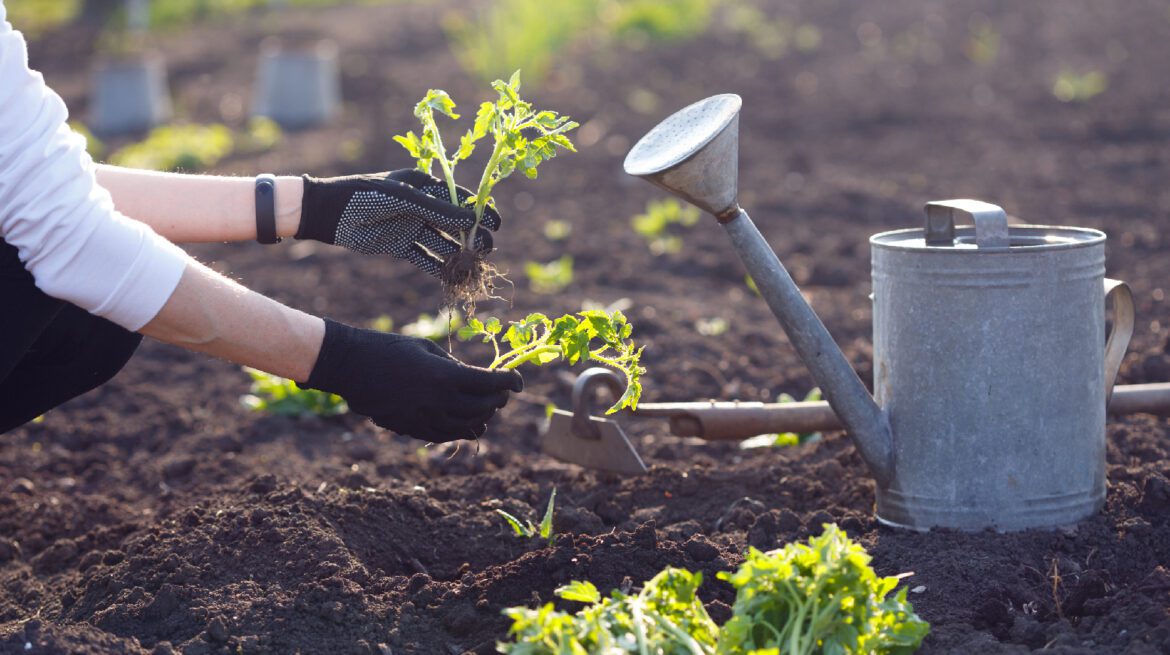Nature has an immense impact on health, wellness, and our environment. Gwenn Fried, manager of Horticulture Therapy at NYU Langone’s Rusk Rehabilitation, also says, “We know that people’s cortisol levels go down in a calm, green environment.” Various studies around the globe have also suggested quite a number of benefits of digging in the dirt. And these studies are not only linked to adults. Both seniors and children have a lot to gain from gardening. These benefits are linked to a better quality of life for the mind and body.
Six Proven Ways Digging in the Dirt is Good for You.
It is a workout in disguise.
If you are worried about doing crunches and other aerobic activities, gardening provides a subtle way to get your daily dose of exercise. It is a low-intensity physical activity and perfect for adult life, especially if you are approaching retirement. Digging, mowing the lawn, and similar activities are excellent ways to stay physically active and get your heart rate up. Gardening is gentle on your joints and can burn between 300 to 400 calories if you are consistent. That is equivalent to jogging on the weekends. This helps you avoid adult-onset obesity or age-related weight gain.
Gardening exerts incredible benefits on your brain health.
Gardening benefits not only the body but also the mind. It provides sufficient physical and mental stimulation and significantly protects your memory as you age. Studies show that gardening delays and in most cases prevents the onset of dementia by stimulating the growth of neurons (brain cells). As a result, horticultural therapy has emerged as a means to improve mental health through gardening.
Gardening reduces onset of chronic health conditions.
Research shows that gardening influences your health positively by reducing and delaying the onset of chronic health conditions and improving your diet. It combines physical activity with sunlight exposure for vitamin D. Growing your own food is healthier, as you can control food exposure to pesticides and genetically modified organisms. It reduces your susceptibility to lifestyle illnesses because you end up making healthier food choices. It increases your fruit and vegetable consumption — you are more likely to eat more greens and veggies when they are in your backyard.
Gardening serves as a means of stress relief.
The demands of adult life can add to your stress levels — physical, mental, and emotional stress. Gardening has proven to help lower stress-causing hormones such as cortisol in the body. It engages your hands and mind, thus reducing your susceptibility to depression and mood swings — also, one scientific study associated gardening with more robust immune functions by warding off stress-induced inflammation.
Gardening is an excellent social activity.
People create and live in society because of an inherent need to bond with others. Gardening provides an excellent social activity that connects people and builds community. People in retirement can combat loneliness and increase their human interaction. Some form a gardening community where everyone can share gardening tips and learn from one another. Socializing is the basis for establishing several garden types, such as:
- Family garden
- School garden
- Hospital therapeutic garden
- Prison gardens
- Community gardens
Gardening lifts your mood and boosts your self-esteem
Growing your own garden is empowering and helps boost your self-worth. People with high self-worth experience better moods because of the feeling of achievement. It helps ward off depression and loneliness by getting your hands dirty and accomplishing tasks in your yard.
A healthy and fulfilling life
Gardening engages your cognitive and psychomotor skills — two critical aspects of a healthy and fulfilling life. It provides an easy way to be in nature, builds casual interpersonal skills, breaks a little sweat, and encourages healthy eating. If you have not considered gardening, it is probably time to start getting your hands dirty.

